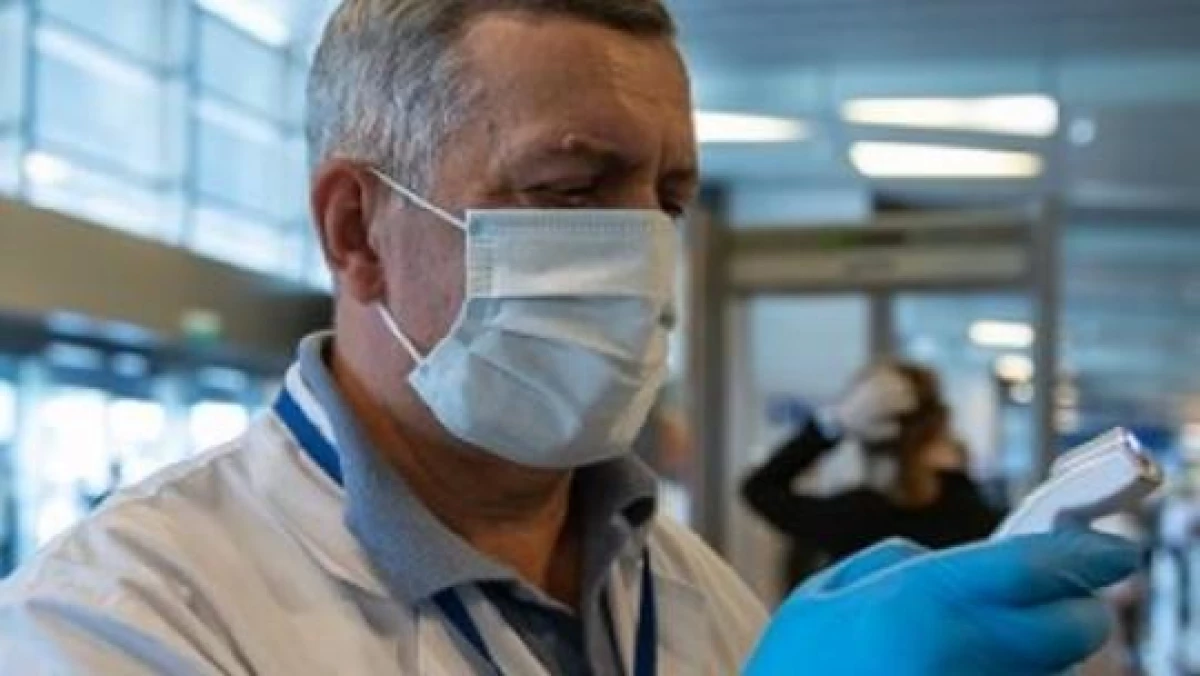
A group of scientists from the Indian Institute of Technology in Bombay found out that Coronavirus is able to live from four to seven days on a glass of plastic and stainless steel. Experts tried to find out how long SARS-COV-2 and COVID-19 viruses can be stored on various surfaces and how to reduce their distribution.
COVID-19 The SARS-COV-2 virus caused through the respiratory tract. Drops containing the virus when falling on the surface also form a phomit serving the source of distribution of infection. In the study published in the magazine Physics of Fluids, scientists analyzed the drying of the droplets on impermeable and porous surfaces. They found that a drop remains liquid on a porous surface for a much shorter time that makes it less favorable for the survival of the virus.
Scientific work showed: the virus longer survives on the glass of plastic and stainless steel. Four days SARS-COV-2 lives on glass and seven days on plastic materials and stainless steel.
On paper, the virus persisted three hours and two days on the fabric. The author of the research of Sanghamitro Chatterji noted that to reduce the risk of infection, the furniture in hospitals and offices should be covered (made from impermeable material such as glass stainless steel or laminated tree) with a porous material for example a cloth.
Precautions To stop the further distribution of COVID-19
The study suggests that in public places such as parks shopping centers restaurants and waiting rooms at airports of the surface can be covered with a fabric to reduce the likelihood of dissemination of the disease. According to scientists, 99 9% of the fluid contained in drops, both impermeable and porous surfaces evaporate for the first few minutes. After this initial state on open solids, a microscopic thin residual liquid film remains where the virus can still survive.Cardboard boxes are usually used by electronic commerce companies around the world can be considered relatively safe because they will prevent the survival of the virus. A team of researchers including Janani Sri Mural Muraldharan Amita Agraval and Rajnes Bhardvadzha from the Indian Technological Institute found that the evaporation of the residual thin film is much faster in the case of porous surfaces compared to impermeable surfaces.
Distribution drops due to the capillary effect between the liquid near the contact line and horizontally oriented fibers on the porous surface and in the voids of porous materials that accelerates evaporation.
Infected drops can distribute coronavirus
Researchers stated that the results of the work carried out such as the life expectancy of the liquid phase of a drop of about six hours on paper will be particularly relevant in certain contexts for example in schools. According to them, although this time interval is shorter than any permeable material, such as glass with a load life of a liquid phase for about four days this may affect the replacement of laptops.
The results of the study were obtained using laboratory equipment and not through direct touch to the materials that are characteristic of ordinary life. Scientists recommend not to forget about safety measures and process items and surfaces by disinfectants.
